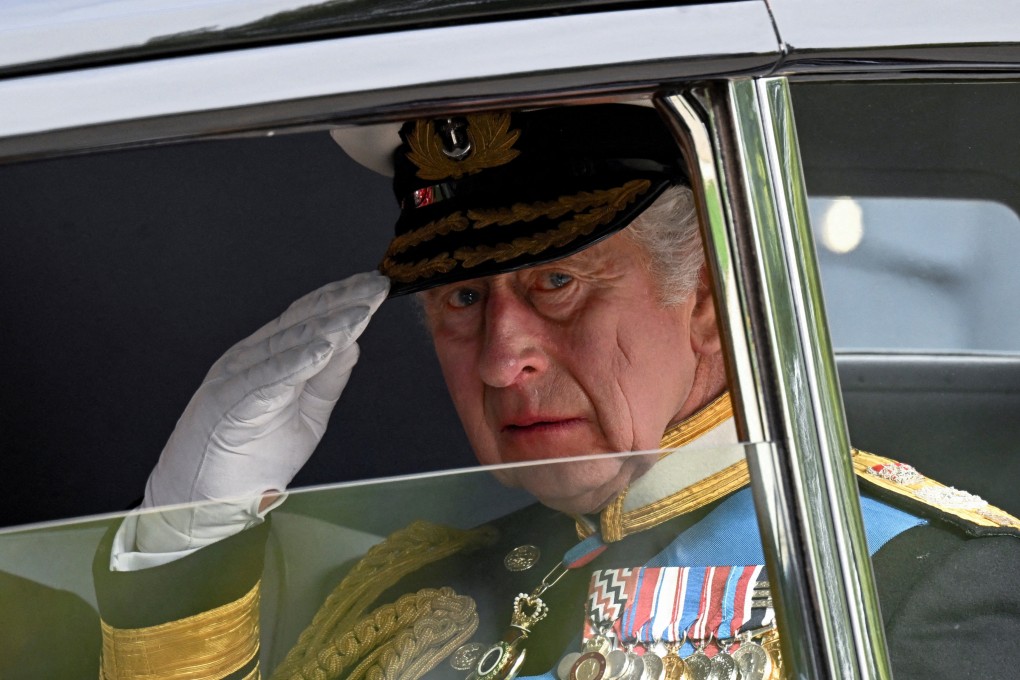As King Charles era begins, British anti-monarchists claim to have growing support
- British republicans see opportunity for the anti-monarchy movement following the death of Queen Elizabeth
- Support for the royal family remains strong, but lesser interest among the younger generation poses a challenge for new king

A UK anti-monarchy group says it has seen more public support, raised extra funds and recruited new members since Queen Elizabeth died and Charles ascended the throne as king.
King Charles has yet to enjoy the same level of popularity as Queen Elizabeth, who died on September 8 at age 96. She was Britain’s longest serving monarch, having ruled for 70 years.
The queen was laid to rest on Monday after a historic state funeral in London attended by hundreds of world leaders, royals and other dignitaries. More than 250,000 people queued round the clock to view her casket as it lay in state for four days.
Her death has prompted discussion in Britain about the future of the royals with Charles as king.
British republicans, who want to see an end to the monarchy and replaced with a democratically elected head of state, believe an opportunity for their movement has arrived.
“Charles’ accession is a game changer really because he doesn’t enjoy the same deference and sycophancy as the queen,” Graham Smith, chief executive of Republic, a UK antimonarchy campaign group, told South China Morning Post. “People don’t mind what you say about him, he’s more difficult to like.